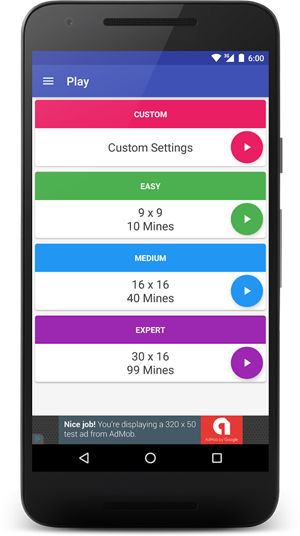

These perform audio decoding in software, allowing Rockbox to potentially support many more music formats than the original firmware, and adding the extensibility and increased functions already present in the Archos ports. Versions of Rockbox have since been produced for more sophisticated devices. Rockbox can be permanently flashed into flash memory on the Archos devices, making it a firmware replacement. Instead, it offered a greatly improved user interface and added plug-in functions absent in the factory firmware. Rockbox was unable to significantly alter playback abilities. These devices have relatively weak main central processing units (CPU), and instead offload music playback to dedicated hardware MP3 decoding chips (MAS). The Rockbox project began in late 2001 and was first implemented on the early Archos series of hard-disk based MP3 players/recorders (including the flash-only model Ondio), because of owner frustration with severe limitations in the manufacturer-supplied user interface and device operations. Rockbox runs on a wide variety of devices with very different hardware abilities: from early Archos players with 1-bit character cell-based displays, to modern players with high resolution color displays, digital optical audio hardware and advanced recording abilities. Rockbox includes a voice-driven user-interface suitable for operation by visually impaired users.

Rockbox can also retrofit video playback functions on players first released in mid-2000. Enhancements include personal digital assistant (PDA) functions, applications, utilities, and games. It offers an alternative to the player's operating system, in many cases without removing the original firmware, which provides a plug-in architecture for adding various enhancements and functions. Rockbox is a free and open-source software replacement for the OEM firmware in various forms of digital audio players (DAPs) with an original kernel. git /įirmware replacement for digital audio players


 0 kommentar(er)
0 kommentar(er)
